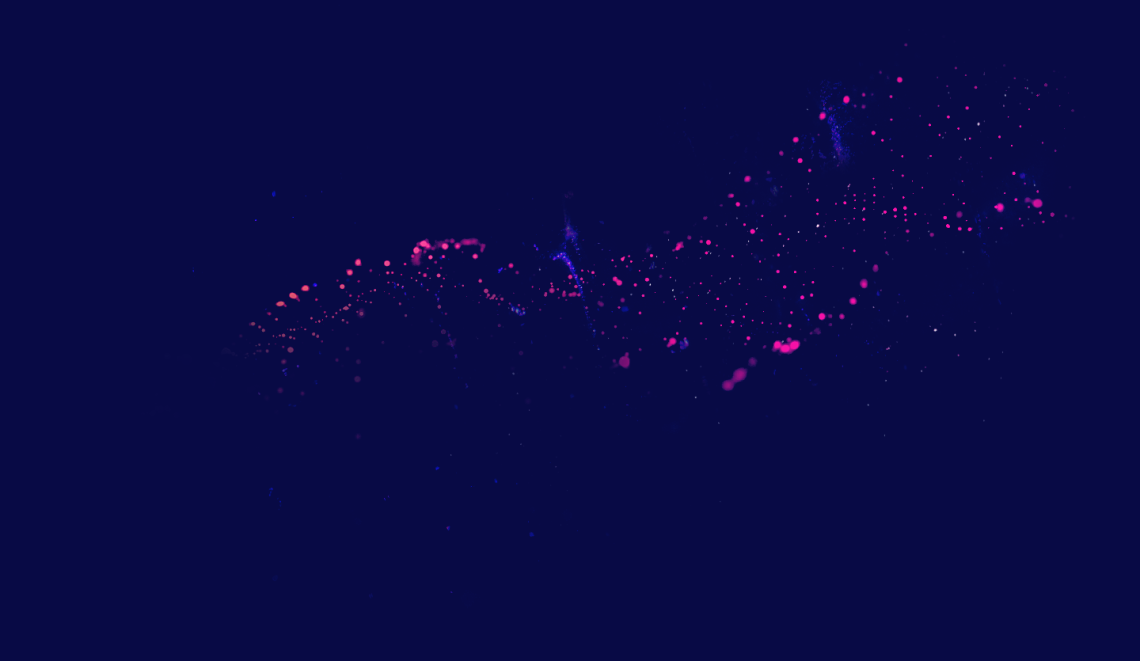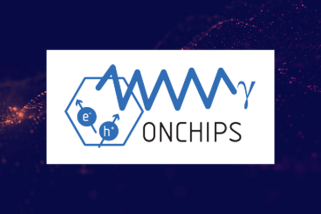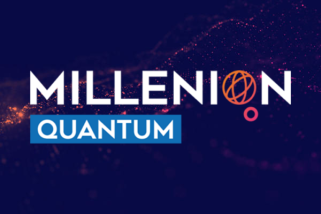
In robotics, many perception and control challenges are formulated as the optimization of complex, non-linear cost functions. A fundamental example is the estimation of a camera’s position and orientation from known correspondences between 3D points in the environment and their 2D projections on the image plane. This problem, known as the Perspective-n-Point (PnP) problem, is central to several key robotic applications, including localization, 3D reconstruction, and autonomous navigation.
The goal of PnP is to determine the camera’s rotation and translation parameters that best align the projected 3D points with their observed 2D positions. However, this optimization is highly non-convex and sensitive to initialization and outliers, making it a computationally demanding task.
Classical algorithms such as EPnP, DLS, and RANSAC-based methods have achieved strong results, but they often struggle with scalability and robustness, particularly when the number of correspondences increases or when the data contains mismatches.
Recent progress in quantum optimization opens promising directions for tackling such problems. Quantum and hybrid quantum–classical algorithms, such as Quantum Approximate Optimization Algorithm (QAOA), Variational Quantum Eigensolver (VQE), and quantum annealing, offer new methods for addressing non-convex, high-dimensional optimization challenges. Leveraging these paradigms for geometric estimation could provide new insights into both computational efficiency and solution quality.
Objective
This internship lies at the intersection of geometric computer vision, optimization theory, and quantum computing. The goal is to investigate, implement, and compare quantum and hybrid optimization strategies for solving the PnP problem.
Main Objectives
- Reformulate the camera pose estimation task as an optimization problem suitable for quantum computation.
- Implement quantum optimization methods, including QAOA, VQE, and quantum annealing.
- Compare quantum-based techniques with classical solvers in terms of convergence, robustness, and scalability on both synthetic and real image datasets.
- Assess which quantum paradigm is best suited for the PnP problem within the limitations of current quantum hardware.
A detailed analysis of the computational requirements of these algorithms will be conducted, and new benchmarks will be developed for evaluating performance on vision-based estimation tasks.
Work Plan
The internship will be carried out in a series of progressive steps:
- Study classical approaches to the PnP problem and their limitations.
- Review fundamental quantum optimization algorithms and their practical implementations.
- Explore previous attempts to apply quantum computing to non-linear and geometric problems.
- Reformulate the PnP problem into a format compatible with quantum optimization frameworks.
- Develop quantum models that represent either discrete or continuous forms of the pose estimation parameters.
- Implement QAOA and VQE solvers using platforms such as Qiskit.
- Design hybrid optimization loops combining classical refinement with quantum optimization.
- Conduct simulations of quantum circuits when access to real hardware is restricted.
- Evaluate and compare quantum methods with classical baselines using both synthetic data and real-world 3D scene datasets.
- Analyze performance in terms of accuracy, convergence, computational time, and robustness to outliers and noise.
- Summarize findings and identify the most promising quantum strategies for PnP.
- Prepare a detailed report and potential publications based on the research outcomes.
Expected Skills
The ideal candidate is expected to be pursuing a Master’s degree in Applied Mathematics, Computer Vision, or Quantum Computing. Strong skills in software development (Python, MATLAB, Git, Linux) and familiarity with quantum programming frameworks such as Qiskit are essential. A solid background in mathematics, optimization, and computer vision will be highly valuable. Proficiency in English, both written and spoken, is required.
Practical Information
Duration: 6 months (starting early February)
Financial Support: Approximately 600 euros per month
How to apply
Application Requirements:
Interested candidates should send the following documents:
1. Detailed CV
2. Academic transcripts (Bachelor, Master 1, and Master 2)
3. Motivation letter
4. At least one recommendation letter
For further information please visit the webpage "https://team.inria.fr/acentauri/job-offers/"
The deadline for the application is the 13th of November
Ezio Malis
Centre Inria d'Université Côte d'Azur, 2004 Rte des Lucioles
06560 Valbonne, Alpes-Maritimes, Frankreich

Want to share your own job opportunity?


